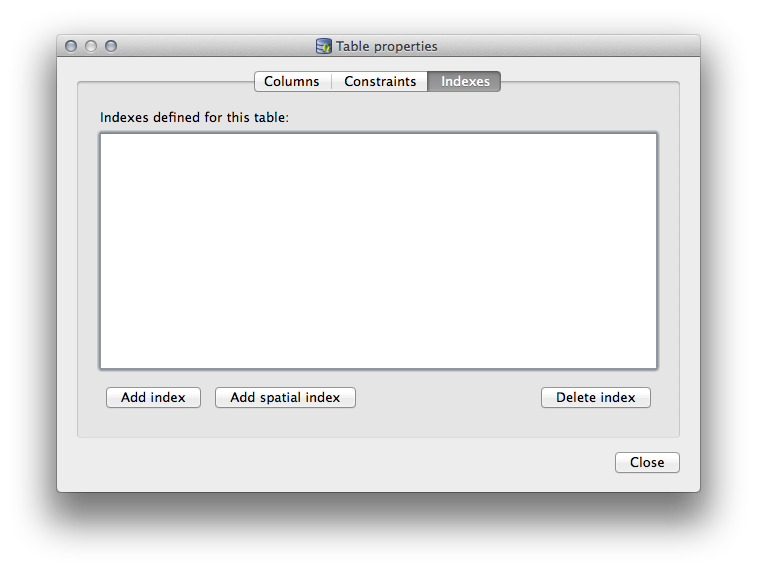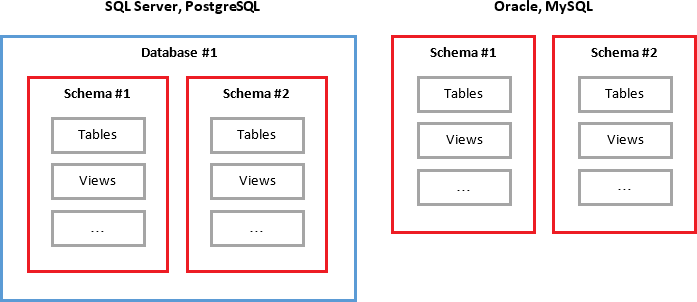


Zero = access method does not support parallel execution Non-Zero = access method supports parallel execution Whether an access method supports parallel execution Whether a primary access method is read/write Zero = access method does not support rowids Whether a primary access method supports rowids Zero = access method does not support clustering Non-Zero = access method supports clustering Whether a primary access method supports clustering Zero = access method does not support unique keys Non-Zero = access method supports unique keys Whether a secondary access method can support unique keys

Zero = access method does not support key scan Non-Zero = access method supports key scan Whether a secondary access method supports a key scanĪn access method supports a key scan if it can return a key as well as a rowid from a call to the am_getnext function The opclassid from the entry for this operator class in the sysopclasses system catalog table. If the access method is not user defined (that is, if it is built-in or registered during database creation by the server), it supports dbspaces.ĭefault-operator class identifier. S or s = sbspaces only (smart-large-object space)Ī or a = all types: extspaces, dbspaces, or sbspaces. Type(s) of space(s) in which the access method can live: This value corresponds to the am_id in the systables system catalog table and to the am_id in the sysindices and sysopclasses system catalog tables. The sysaggregates system catalog table has the following columns. The sysaggregates system catalog table records user-defined aggregates ( UDAs). For information about data types, see Chapter 2 of this manual.

For more information on collation orders and NCHAR and NVARCHAR data types, see the Informix Guide to GLS Functionality. However, for those databases where the collation order is code-set dependent, all character information in the system catalog tables is stored in CHAR columns. In a database whose collation order is locale dependent, all character information in the system catalog tables is stored in NCHAR rather than CHAR columns.


 0 kommentar(er)
0 kommentar(er)
